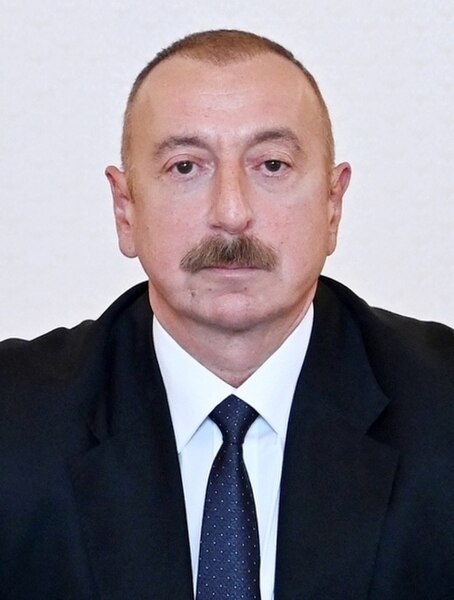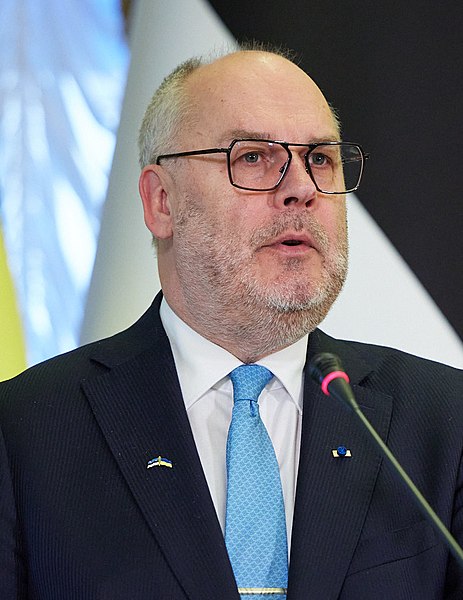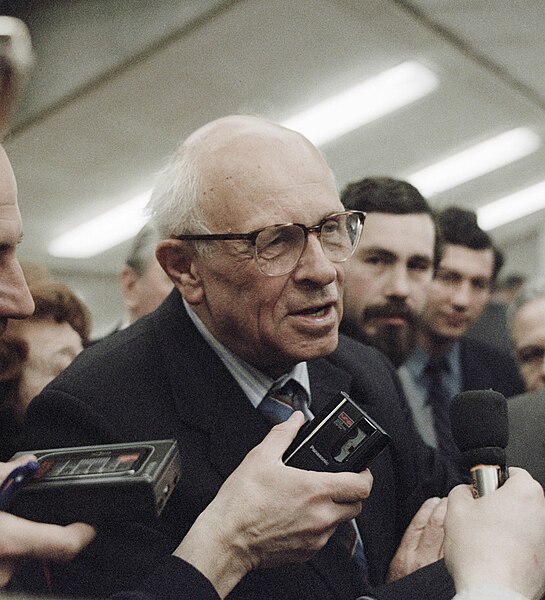The post-Soviet states, also referred to as the former Soviet Union (FSU) or the former Soviet republics, are the independent sovereign states that emerged/re-emerged from the dissolution of the Soviet Union in 1991. Prior to their independence, they existed as Union Republics, which were the top-level constituents of the Soviet Union. There are 15 post-Soviet states in total: Armenia, Azerbaijan, Belarus, Estonia, Georgia, Kazakhstan, Kyrgyzstan, Latvia, Lithuania, Moldova, Russia, Tajikistan, Turkmenistan, Ukraine, and Uzbekistan. Each of these countries succeeded their respective Union Republics: the Armenian SSR, the Azerbaijan SSR, the Byelorussian SSR, the Estonian SSR, the Georgian SSR, the Kazakh SSR, the Kirghiz SSR, the Latvian SSR, the Lithuanian SSR, the Moldavian SSR, the Russian SFSR, the Tajik SSR, the Turkmen SSR, the Ukrainian SSR, and the Uzbek SSR. In Russia, the term "near abroad" is sometimes used to refer to the post-Soviet states other than Russia.
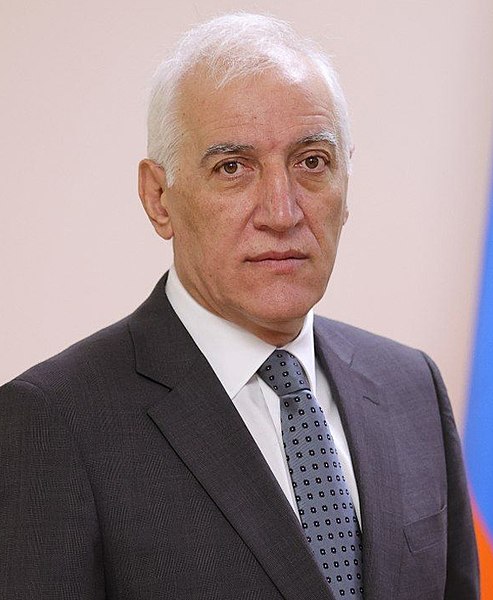
Image: Vahagn Khachaturyan portrait (cropped)
Image: Ilham Aliyev 2020 (cropped)
Image: Lukashenko (October 2019) (cropped)
Image: Volodymyr Zelenskyy met with Estonian President Karis in Kyiv 2022 (13) (cropped)
Dissolution of the Soviet Union
The Union of Soviet Socialist Republics (USSR) was dissolved on 26 December 1991 by Declaration № 142-Н of the Soviet of the Republics of the Supreme Soviet of the Soviet Union, formally establishing the dissolution of the Soviet Union as a sovereign state and subject of international law. It also brought an end to the Soviet Union's federal government and General Secretary Mikhail Gorbachev's effort to reform the Soviet political and economic system in an attempt to stop a period of political stalemate and economic backslide. The Soviet Union had experienced internal stagnation and ethnic separatism. Although highly centralized until its final years, the country was made up of 15 top-level republics that served as the homelands for different ethnicities. By late 1991, amid a catastrophic political crisis, with several republics already departing the Union and the waning of centralized power, the leaders of three of its founding members, the Russian, Belorussian, and Ukrainian SSRs, declared that the Soviet Union no longer existed. Eight more republics joined their declaration shortly thereafter. Gorbachev resigned on 25 December 1991 and what was left of the Soviet parliament voted to end itself.
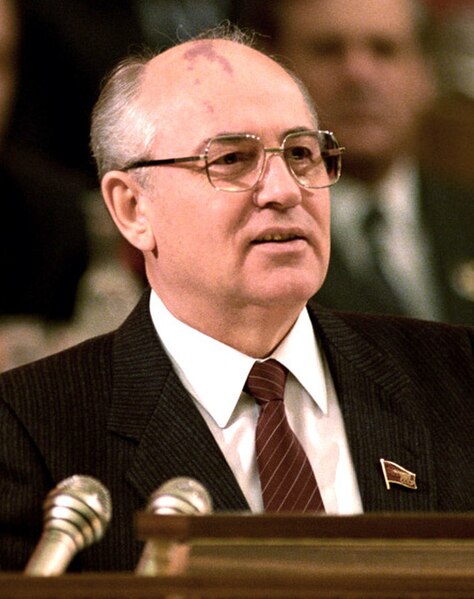
Mikhail Gorbachev (1931–2022) in 1987
Environmental concerns over the Metsamor Nuclear Power Plant drove initial demonstrations in Yerevan.
Anti-Soviet rally of about 250,000 in Lithuania, whose Sąjūdis movement helped restore independence
Andrei Sakharov, formerly exiled to Gorky, was elected to the Congress of People's Deputies in March 1989.


